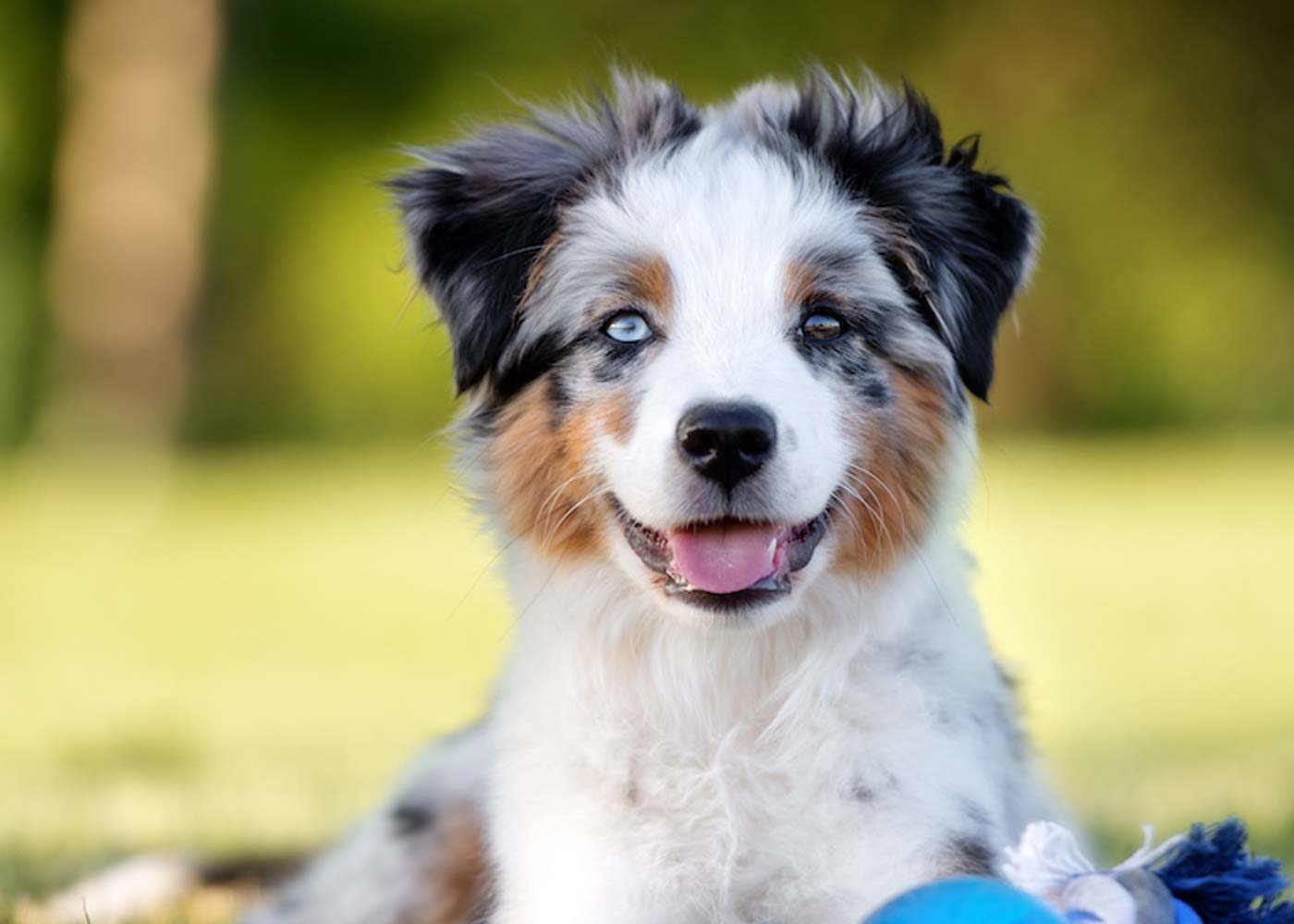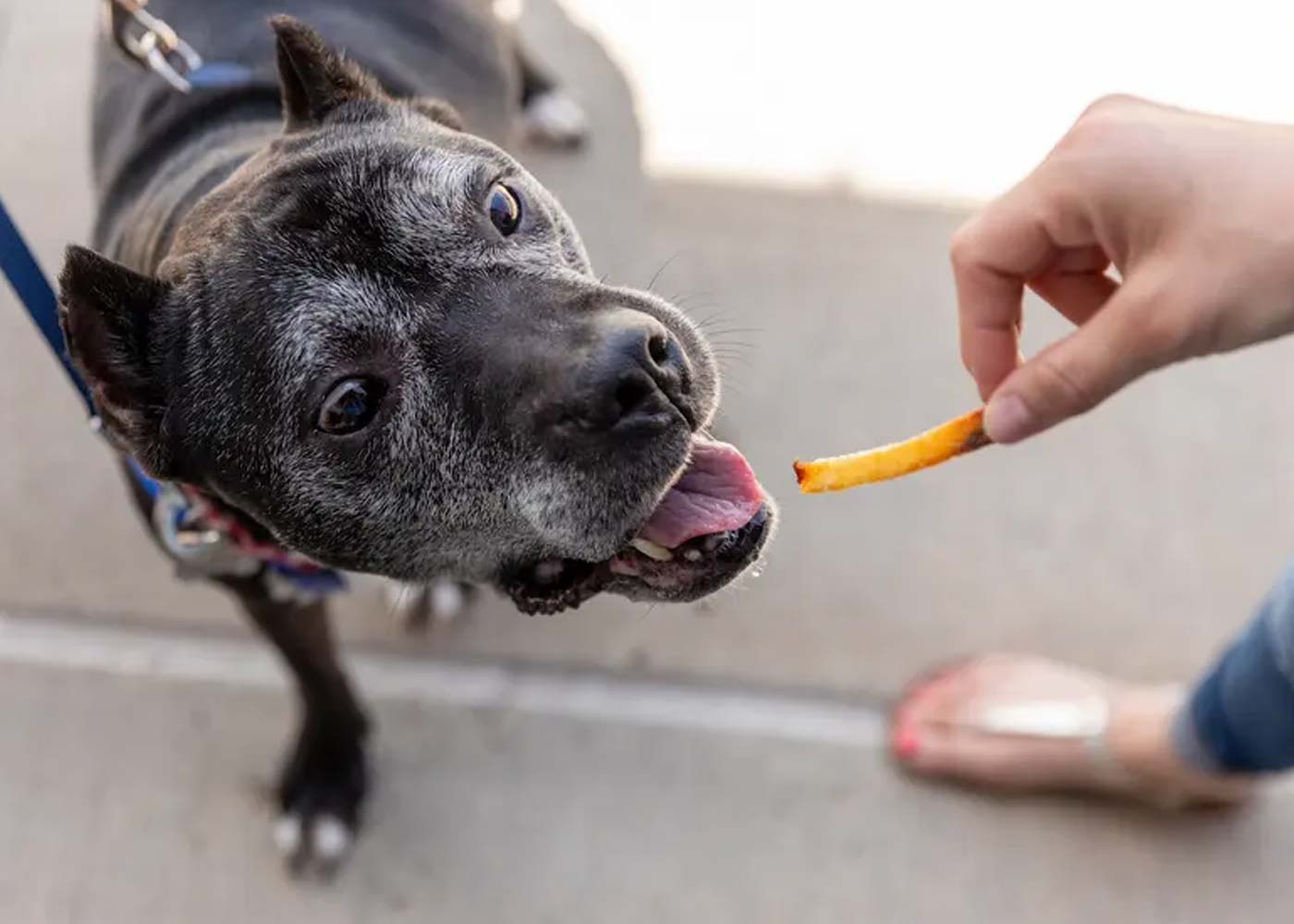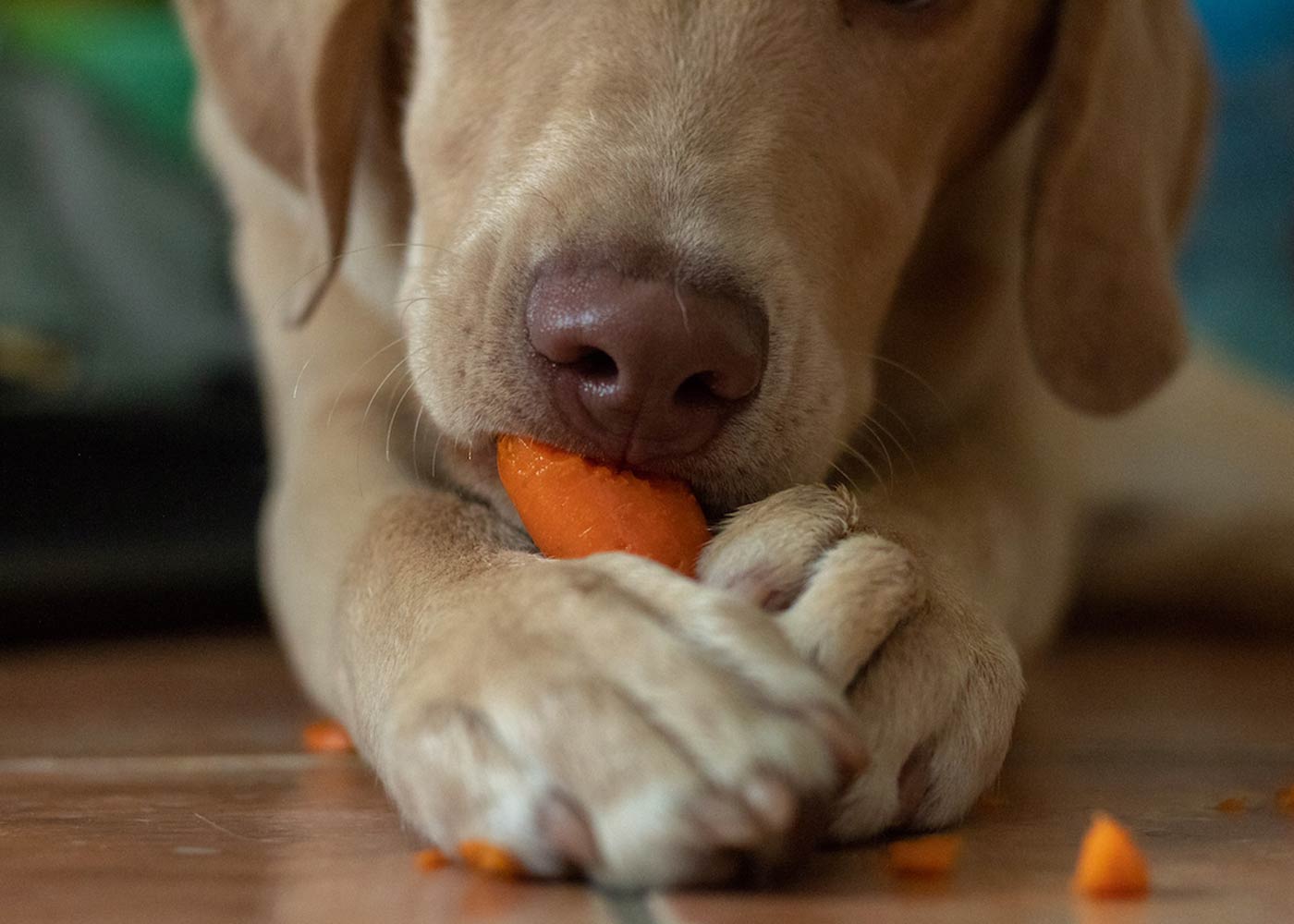
Eating faeces is an unpleasant but common behaviour in dogs.
Dog owners have several options for considering and correcting the behaviour.
Why Do Dogs Eat Poop?
Dogs eat poop for a variety of reasons, ranging from
instinct to learned behavior to health concerns. Here are five reasons:
1. It's a behavioral issue. Poop-eating habits in dogs
can develop as a result of a variety of behavioral issues. Eating feces is
frequently used to attract attention: When dog owners see them eating poop,
they react and engage. Anxiety, particularly over house training, turns dogs
into poop eaters, as does spending too much time alone or in confined spaces.
Consult a behaviorist if these problems are too difficult to resolve.
2. It's common behavior. Though pet owners dislike it,
eating poop”also known as coprophagia or canine conspecific coprophagy”is a
natural behavior in dogs. According to one study cited by the American Kennel
Club (AKC), one in every four dogs eats either their own or another animal's
poop at least once in their lifetime, and one in every six dogs is a
"serious" stool eater, meaning they eat feces at least five times or
more.
3. It's innate behavior. Prior to being domesticated,
dogs were scavengers who ate whatever they could find, including feces, to
survive. Stool eating is also a normal behavior in some stages of a dog's life.
During the first three weeks after birth, mother dogs frequently eat their
puppies' feces to clean up their living space. According to research, puppies
detect feces on their mother's breath while she cleans them and associate the
odor with food. Puppies, on the other hand, eat their own feces”or the
droppings of other animals”as part of a game or simply because they like the
taste of the poop.
4. It's a food issue. Coprophagia can also be caused by
certain bad eating habits. Dogs who steal food tend to eat poop, and for some
pets, close proximity between the dog's food and the areas where it poops
creates a bond between the two.
5. It's a health issue. Poop eating, especially when it
is a new feature of a dog's behavior, may indicate a medical condition. Take
your dog to the vet if they eat their poop on a regular basis or if the poop
eating coincides with other health issues such as weight loss, lethargy, or
vomiting. Coprophagy is linked to intestinal parasites, conditions such as
Cushing's disease, and enzyme deficiencies.
How to Prevent Your Dog from Eating Poop
There are a few things you can do to keep your dog from
eating poop. You may:
Clean: Clean up any messes in the yard as soon as possible
to limit your dog's access to feces in and around your home. If you have a cat
and your dog is fond of cat poop, make sure to empty the cat's litter box on a
regular basis.
Distract: When your dog needs to go potty, bring a toy,
chew, or treat with you. A pleasant distraction breaks the habit of searching
for poop in the yard or surrounding areas after elimination.
Train: Maintain consistency in your training efforts. When
they start looking for poop, voice commands like "leave it" or
"come" are effective, especially when accompanied by positive
reinforcement like affection or treats.
How to Stop Your Dog from Eating Poop
If you want your dog to stop eating poop, there are several
methods you can try. Among them are the following:
Enzymes: Poop eating in dogs is sometimes attributed to a
lack of digestive enzymes. According to the theory, eating poop is a dog's way
of restoring those enzymes to their system and preventing nutrient
malabsorption. Certain enzymes, such as papain, which is commonly used to
tenderize meat, encourage a dog's digestive system to digest more of its meal.
Aversion to certain flavors: Make your dog's poop less
appealing by adding supplements to their diet. Natural ingredients, such as
chamomile, yucca, or parsley, are widely available for pet parents who are
struggling to break their dog's habits.
Vitamins: According to some studies, poop eating is caused
by a lack of a well-balanced diet. If you suspect that your dog's poop eating
is due to a lack of nutrients, dog multivitamins are an excellent enrichment
strategy.


















